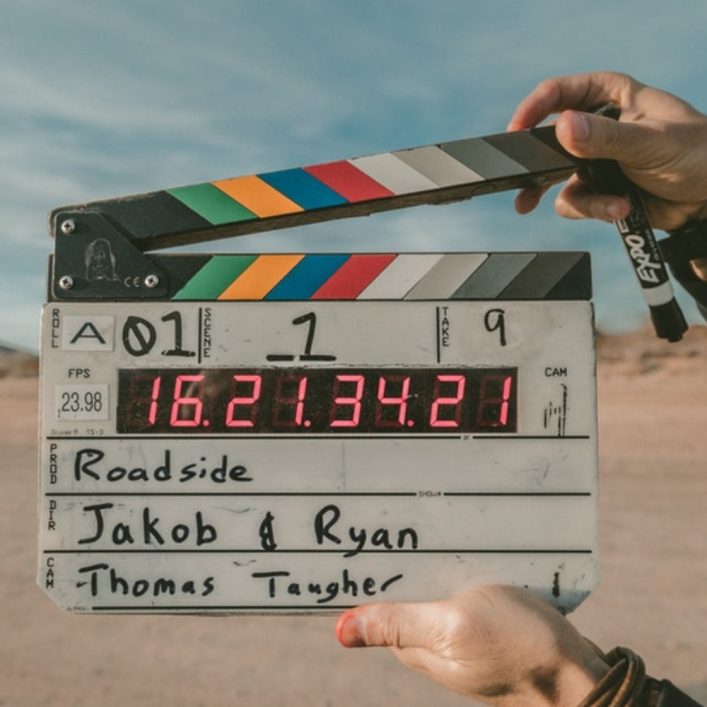Four Lions
April 10, 2013

The Four Lions is a black comedy on the theme of Muslim terrorism. The film is full of hilarious one-liners,but also walks the fine line between humour and seriousness. While some may object to the large amount of foul language, the content and message of the film are very worth interacting with.
Plot summary
The film follows, in a documentary style, the blundering jihadi efforts of four (at one point five), Muslim men. Omar is the brains of the operation; Waj is a dim-witted “follow-the-leader” type; Barry is a rash and hot tempered convert to Islam; and Faisal is the most naïve. When Omar and Waj go off to a terrorist training camp in Pakistan, Barry brings in Hassan to join the cause. The visit disastrously ends when Omar accidentally fires a rocket into a meeting of important Jihadis, but he turns this to his advantage when he returns to England. The group sets about gathering materials to make bombs, but when the hide out is rumbled they have to move everything out in carrier bags. While running, Faisal trips over and blows himself and a sheep up. The Sheffield-based aspiring Jihadis set about finding a target and eventually decide on the upcoming London marathon. As a cover, they decide to run disguised. Omar is the Honey Monster; Waj wears an ostrich costume; Barry is a Teenage Mutant Ninja Turtle and Hassan is an inverted clown. The last sober minutes of the film,into which we are deftly transitioned, follow the four as they unsuccessfully attempt to pull off their terrorist attack. Hassan is the first to die when he bottles out and Barry detonates his bomb. Omar realizes that he has led Waj to do something he shouldn’t be doing, but Barry swallows the sim card of his phone so that Omar is unable to call him. Barry detonates when a passer by attempts the Heimlich maneuver to remove the sim that is stuck in his throat. Waj takes a Kebab shop hostage and – utterly confused – detonates, killing the owner and members of the SWAT team who are trying to stop him. Finally, devastated at his failure to rescue Waj, Omar goes into the closest chemist shop and detonates himself.
Ideology
Four Lions makes a couple of particularly striking yet culturally relevant statements.
The search for significance
All members of the group are on a search for something beyond the daily grind of life. A huge motivation for their mission is that of ‘putting themselves on the map’ and being part of a bigger movement. Omar pulls the group together saying, “What we do has got to last in history; echo through the ages.” Every human feels the need for community to be part of something larger than just themselves. The Four Lions find this in being part of the Jihad movement but we are led only to laugh hollowly at the futility of their deaths. In a way, it leads us to pity the group. All they want is what every person wants; significance and value. They just go to the wrong place to find it.
Heart not head
Four Lions also does a good job of showing up the ideology of much of Britain when it comes to decision-making. Omar convinces first Waj and then the others to go ahead with their scheme on the basis that they should follow their hearts not heads. In other words, what feels right is to be trusted more that what you think is right. In the end Omar thoroughly mixes up Waj by convincing him that what he thinks his heart says is actually what his head says because Omar is convinced that the mission is right. This idea is already popular in romantic films where the lover decides to ‘follow their heart’. Here it is just twisted slightly. What they fail to see is that their hearts are fundamentally twisted, as is every person’s. We are led to pity their simplicity rather than be outraged at their wickedness.
Summary
What the director of the film, Chris Morris, wants to tell us is that the terrorists we are so scared stiff about are just normal everyday idiots just like us. But as he does this he points out some painfully real things about our own characters. As we laugh at, and are sobered by the Four Lions, we laugh at, and are sobered by ourselves.
Thomas van den Broek